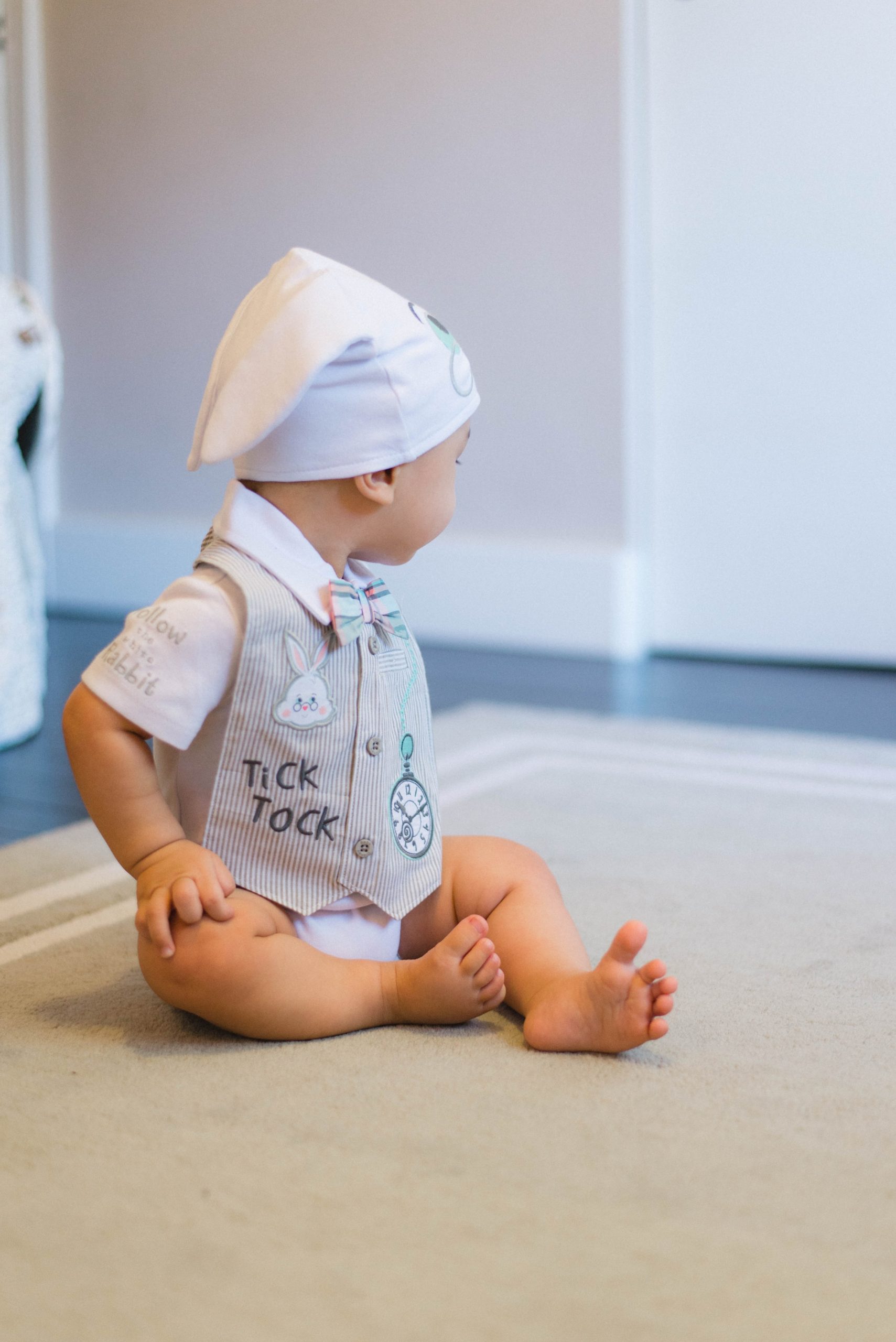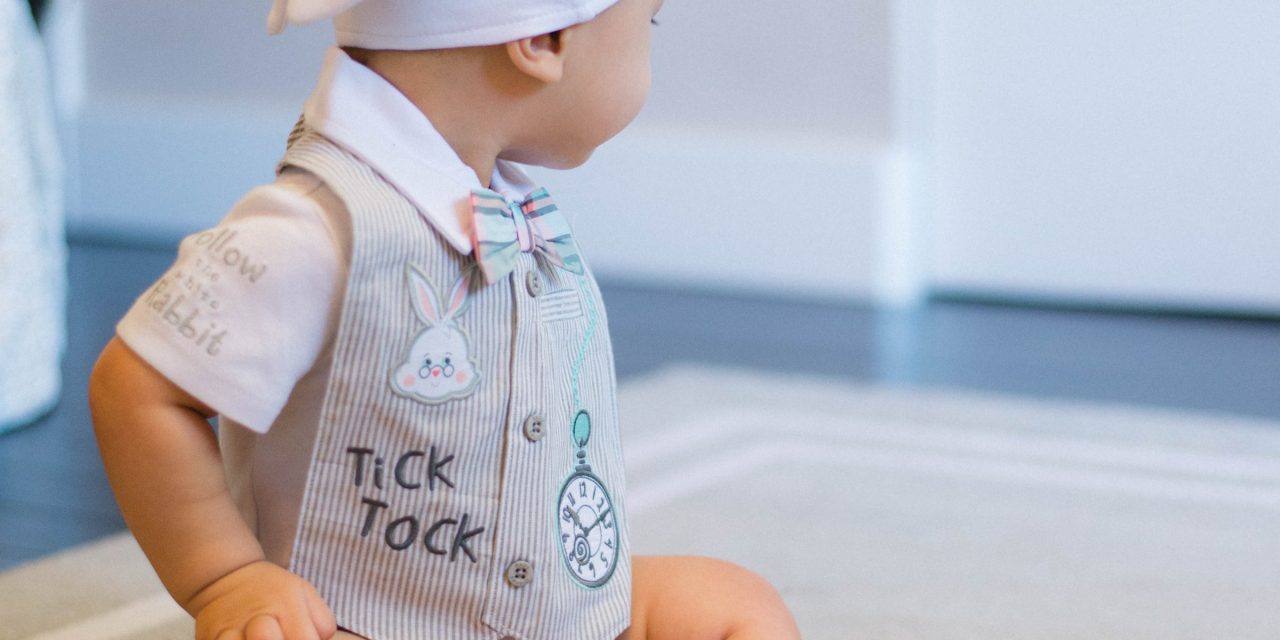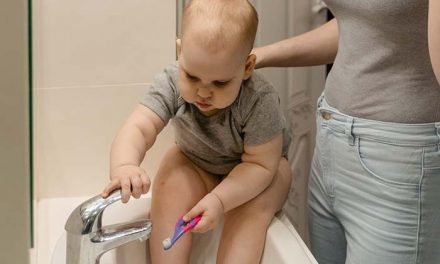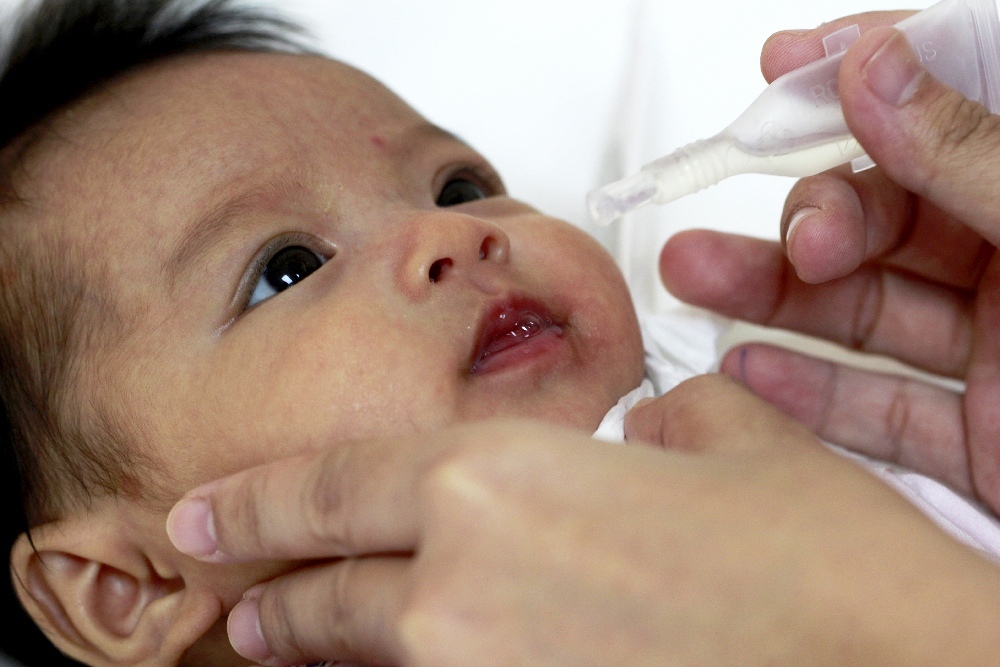Children learn and pick things up at different rates. If you have two children, you might notice that one child reaches a milestone at a quicker rate than the other, which is completely normal. They may even be on track with each other – that’s a possibility too. Minor delays are fine since they’re temporary. But, if there are multiple, it could mean your child could have some form of disability or developmental delays. Keep reading our article to learn more about developmental delays in toddlers.

Developmental delays in toddlers could be in the form of language delay, vision delay, motor skills, or cognitive skills delay.
What Are Developmental Delays in Toddlers?
When a child doesn’t reach certain emotional, mental, and physical milestones at an age where they should have, we term that condition as a developmental delay. On the brighter side, a child can make up for any of those delays through effective treatment. And the earlier you notice the signs, the better it is.
There are different types of development delays found in toddlers. They’re usually associated with problems relating to:
- Vision
- Motor skills – moving around
- Language or speech
- Social and emotional skills
- Cognitive skills – the ability to think
Usually, a child will experience at least one of these types of delays. If they experience two or more of them, it’s termed as a global development delay. It’s typically seen in toddlers and children up to 5 years of age.
You should know that development delays and developmental disabilities are two separate conditions. The two should not be confused. Developmental disabilities are long-lasting that include conditions like hearing loss, cerebral palsy (a movement disorder), and autism spectrum disorder (problems with social interaction).
Causes Of Developmental Delays
A child learns to talk, walk, and finally grasp the notion of how to use a toilet at different learning levels. But, some may lag behind their peers due to reasons such as:
- Being born prematurely
- Malnutrition
- Impaired hearing or eyesight
- Abusive or neglectful parenting
- Insufficient oxygen to the baby’s brain at the time of birth (also known as birth asphyxia)
- Consumption of alcohol and/or drug abuse during pregnancy
Types Of Developmental Delays
Here are some types of delays that are most common in children. If they’re persistent, it may be a sign of an underlying condition. Contact your pediatrician as soon as you suspect any of the following types below.
Vision Developmental Delays
A newborn’s vision is usually blurry for the first 6 months, and it recovers as they grow older. But sometimes, there’s no recovery and it can be due to certain underlying conditions such as:
- Nearsightedness and farsightedness.
- Amblyopia (lazy eye) – vision in one eye is impaired.
- Infantile cataracts – clouding of the eye’s lens. These problems are quite rare.
- Strabismus – also known as cross-eye.
Visual development delays can be corrected if they’re brought to notice at the earliest to the doctor. Your doctor might suggest either of the few treatments below:
- Surgery
- Glasses or contact lenses
- An eye patch
Motor Skill Developmental Delays
If your child has problems with gross motor skills, such as walking or crawling, or has issues with fine motor skills such as grasping a pencil, it may be due to a motor skill development delay. It may be due to causes such as:
- Cognitive delays
- Vision impairment
- Conditions that affect muscle coordination such as ataxia
- Cerebral palsy – a kind of brain damage
To train your child’s gross motor skills, your doctor will suggest physical therapy. It’ll help your child be more active. Your doctor will also encourage your child to have longer playtime sessions to promote even more physical activity.
Occupational therapy helps in enhancing fine motor skills, through the use of physical exercises and everyday activities. It improves the brain to respond to senses so that there’s coordination between the muscles. Therefore, your doctor might suggest this form of therapy as well.
Language and Speech Developmental Delays
Language and speech development delays are pretty common in children. However, you should keep in mind that speech and language are not similar.
Speaking is an exercise, the ability to use the jaw, lips, tongue, and vocal cords to make certain sounds. It is a verbal expression (including the formation of words) that uses precise muscle coordination. If a child is unable to form words at an age they’re expected to, then it’s likely because of speech delay.
Language delays fall along the lines of the difficulty of understanding and forming words. If a child has a language delay, they will struggle to converse. It gets a bit tricky to distinguish between these two types of delay. That’s why it’s important to contact your pediatrician at the earliest when you suspect either of the two types of delays.
Causes for language and speech development delays may be due to several reasons such as:
- A learning disability.
- Dysarthria – disability where the child is unable to control muscles that control speech.
- Difficulty in hearing. It may be due to severe middle ear infections.
- Autism spectrum disorder – A condition where brain development is affected, which in turn affects the way one perceives relationships and communication.
When your pediatrician finds out that your child has a speech delay, they will recommend you to a speech pathologist. They will assess your child’s hearing, and examine how your child expresses and receives language. Depending on the results, they will suggest the number of therapy sessions. But, if the condition is mild, your pediatrician will ask you to:
- Read every day to your child
- Treat ear infections
- Engage more with your child. You can sing and talk so that there’s repetition.
Cognitive Developmental Delays
If your child is struggling to think properly, it may be due to the following reasons:
- Genetic defects such as down syndrome
- Exposed to a toxin
- Constant negligence
- Autism
Like other types of developmental delays, cognitive developmental delays can be treated if they’re detected at their primary stages. A child with a cognitive-developmental delay can do nearly everything, except they might take a longer time to grasp certain concepts. But, there’s nothing to be afraid about. Play therapy or behavioral therapy will help your child deal with this cognitive issue via research-proven activities.

If you notice any developmental delays in toddlers, it’s best to reach out to your pediatrician at the earliest.
Conclusion
Now you know some of the most common developmental delays in toddlers. If you suspect your child of having any symptoms, don’t hesitate to call your doctor. With early treatment, you can save your child from developing any further complications. Keeping track of your child’s immunizations is extremely crucial too. To help you in remembering your child’s vaccination dates, download the ImmunifyMe app. You can schedule appointments virtually with your pediatrician and store health records digitally as well.
FAQs On Developmental Delays In Toddlers
What Are Examples Of Developmental Delays?
Some examples of developmental delays in toddlers that you need to keep an eye out for are:
- Vision developmental delays
- Motor skill developmental delays
- Language and speech developmental delays
- Cognitive developmental delays
Do Toddlers With Developmental Delays Catch Up?
Toddlers do catch up on delays since each child has a different learning capacity and pace. Also, most delays are not serious. The key here is to seek medical attention at the earliest if you suspect your child is struggling to perform certain tasks. With early medical treatment, they’ll catch up even faster.
What Are The Causes Of Developmental Delays In Toddlers?
Developmental delays in toddlers can happen for a variety of reasons, such as:
- Premature birth
- Malnutrition
- Impaired hearing or eyesight
- Abusive or neglectful parenting
- Insufficient oxygen to the baby’s brain at the time of birth
- Consumption of alcohol and/or drug abuse during pregnancy






